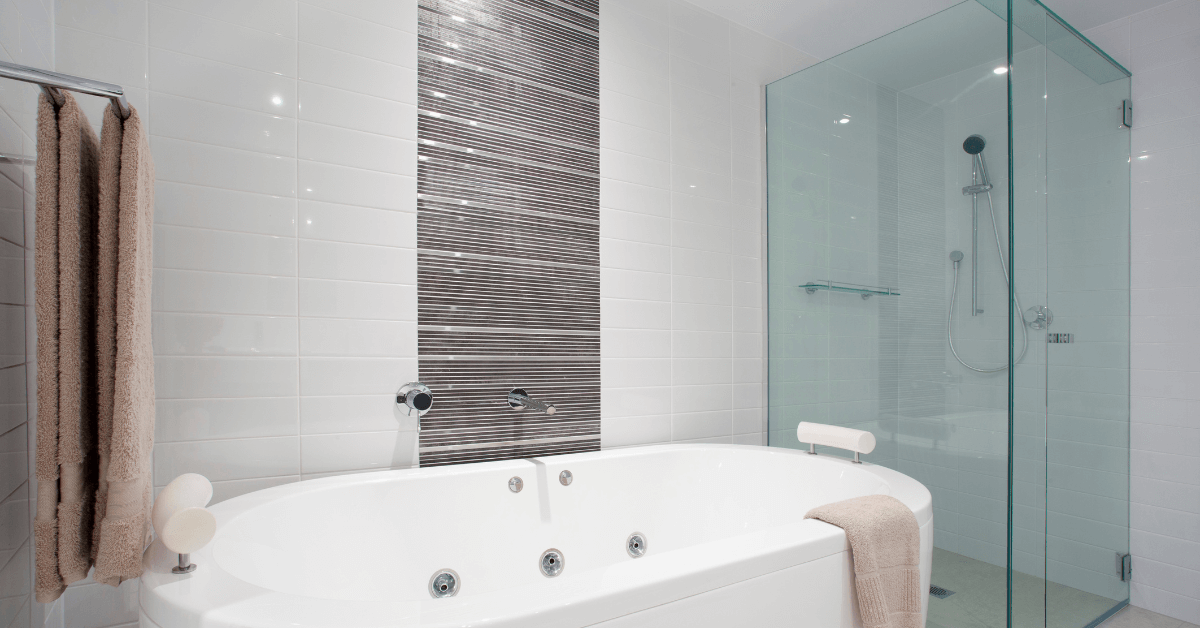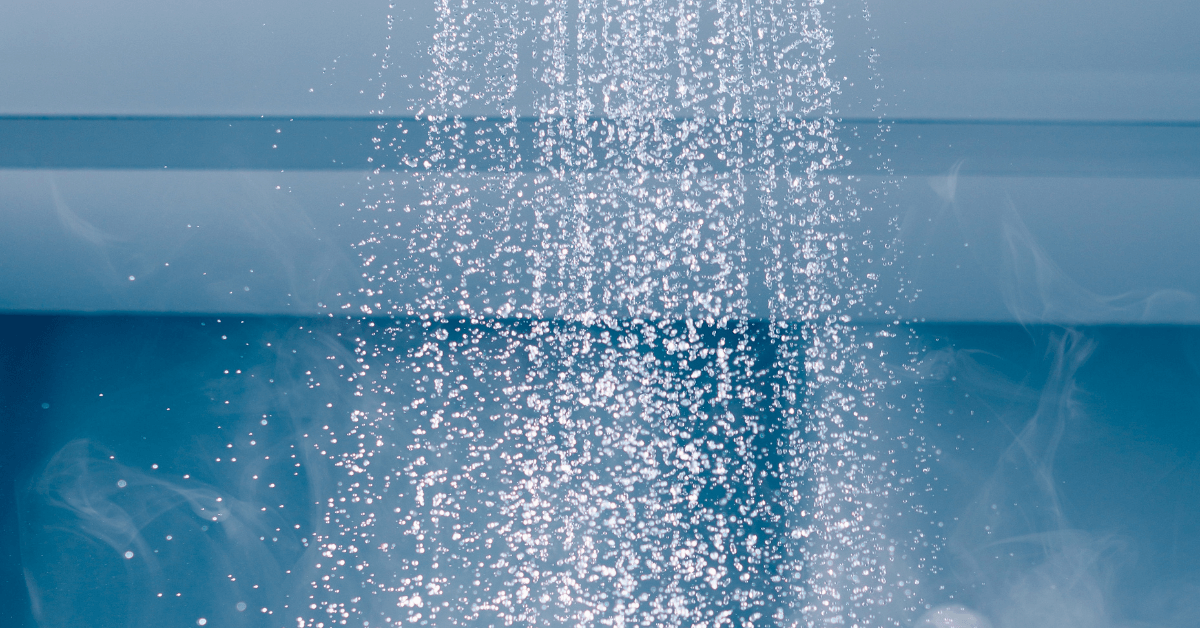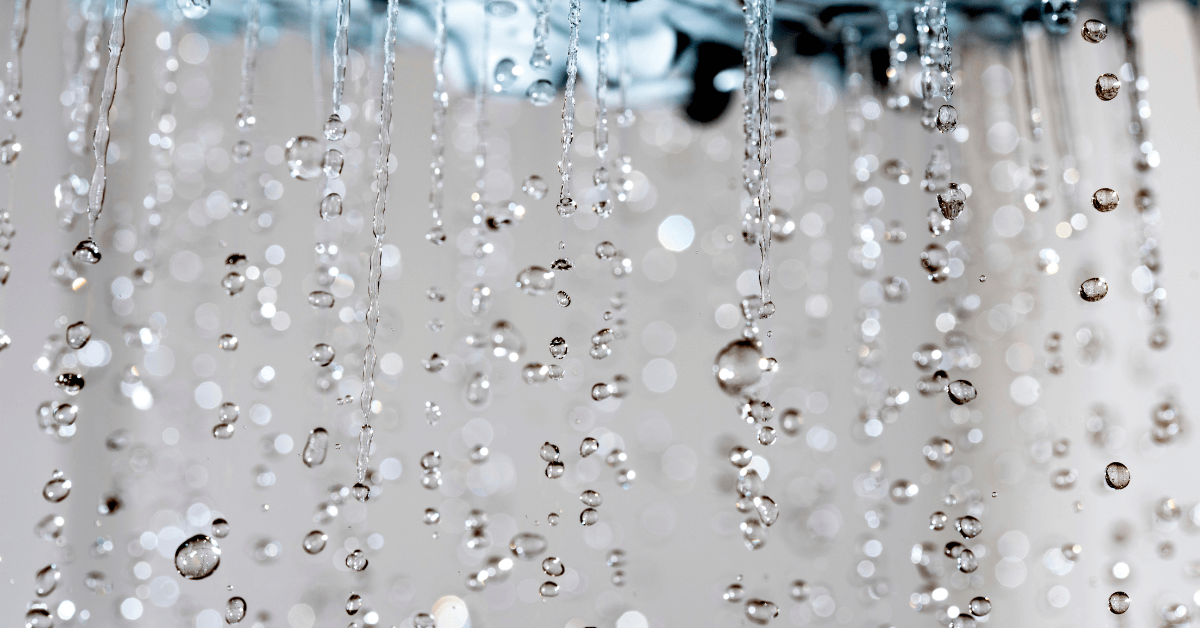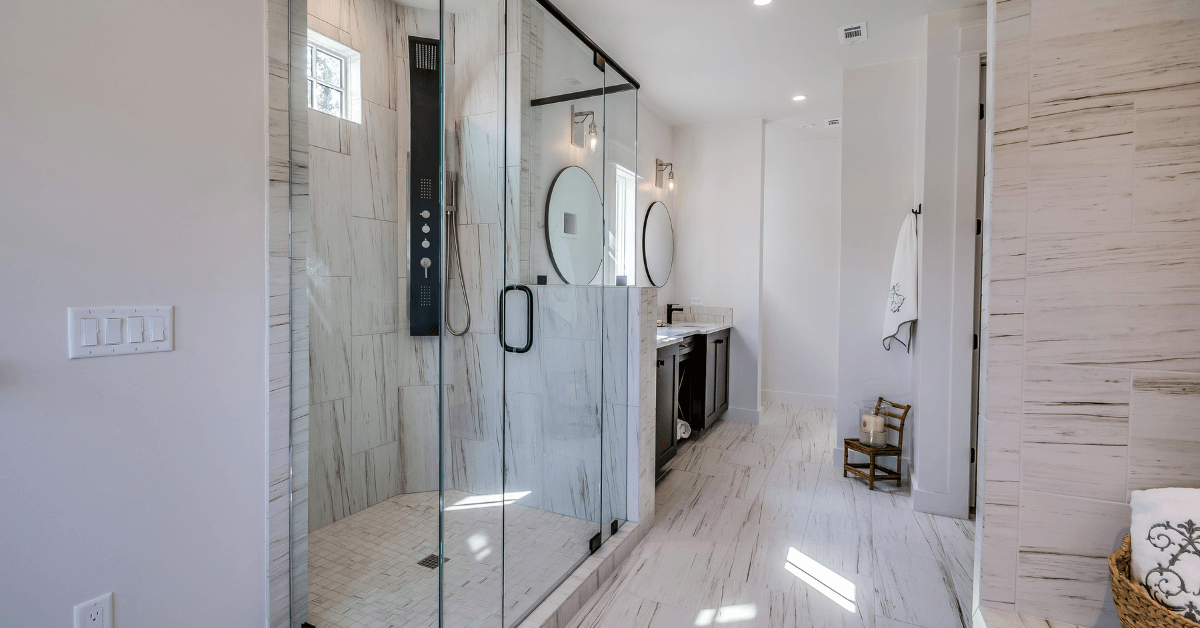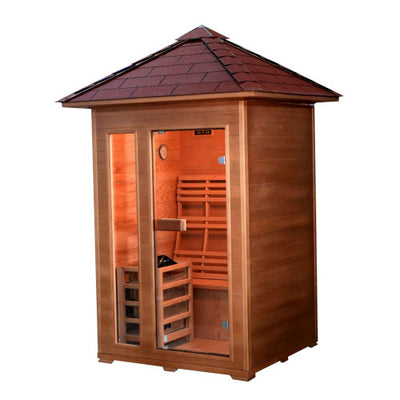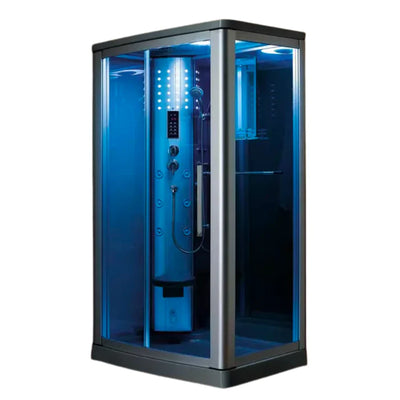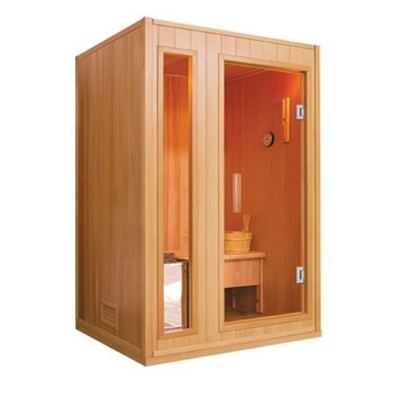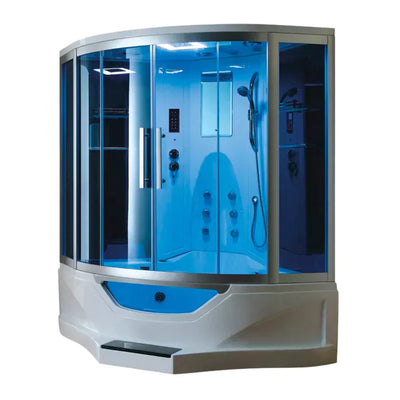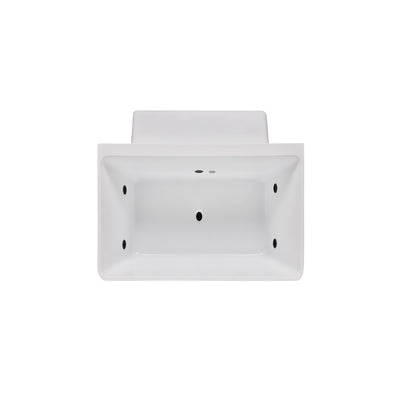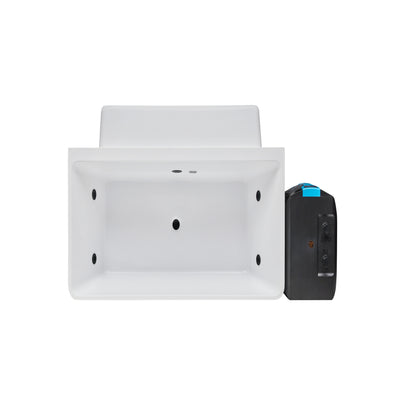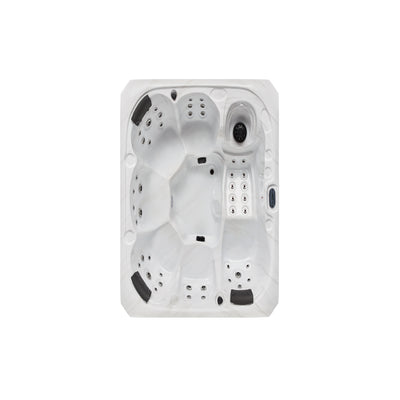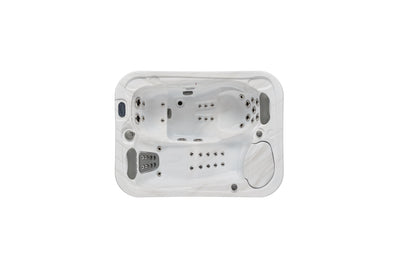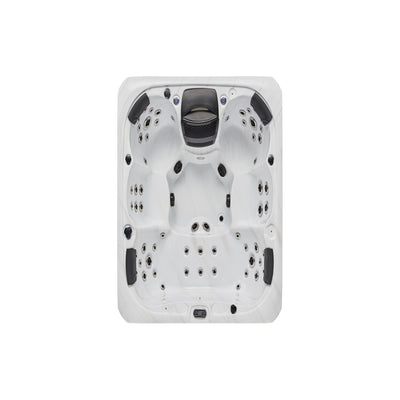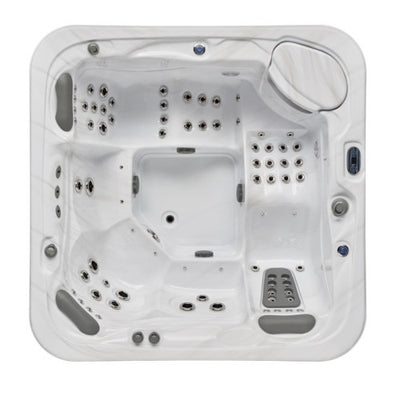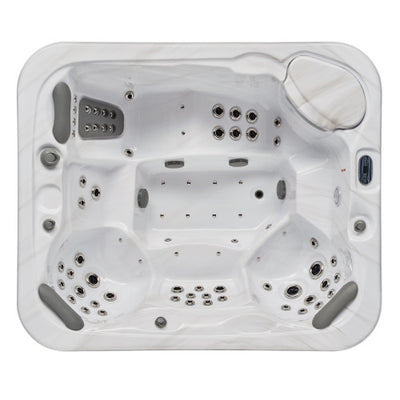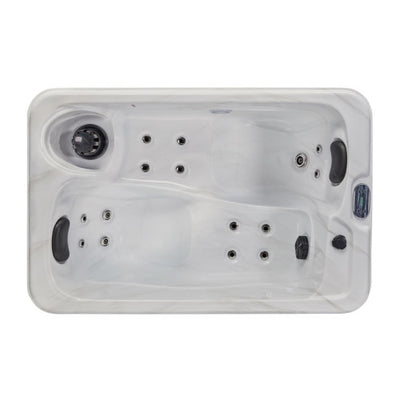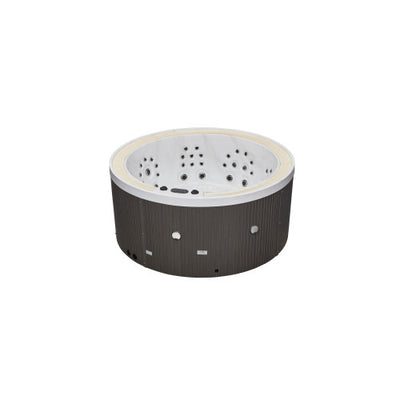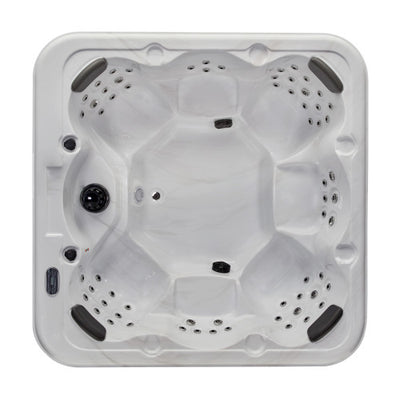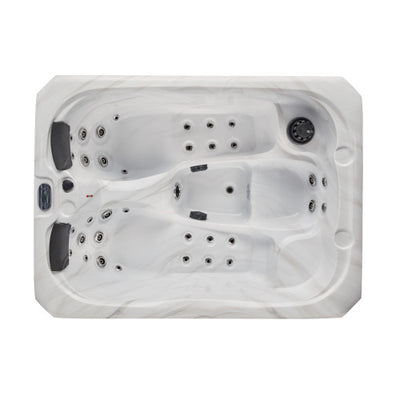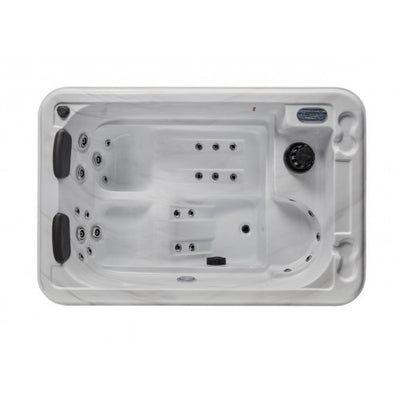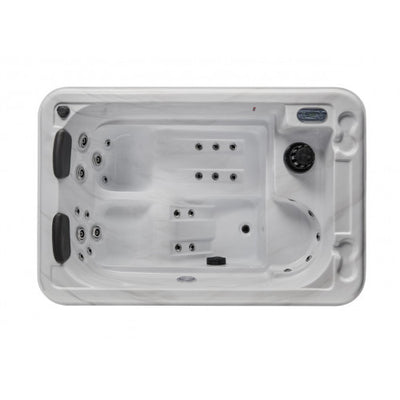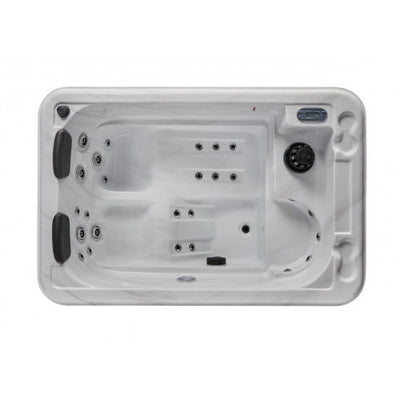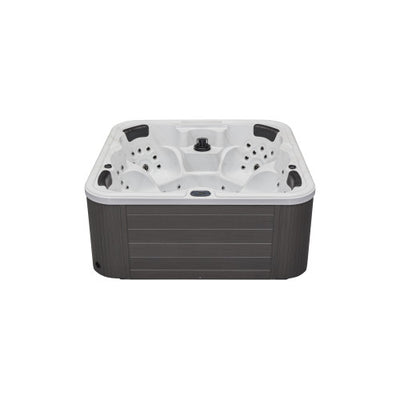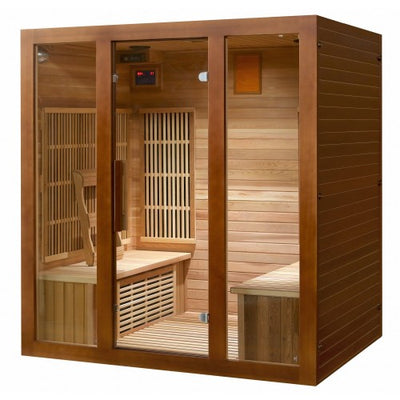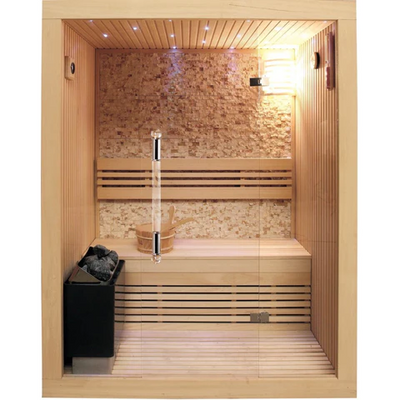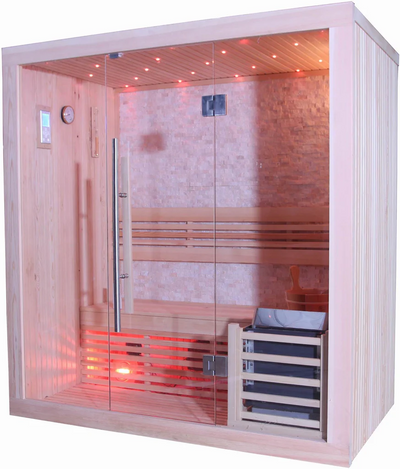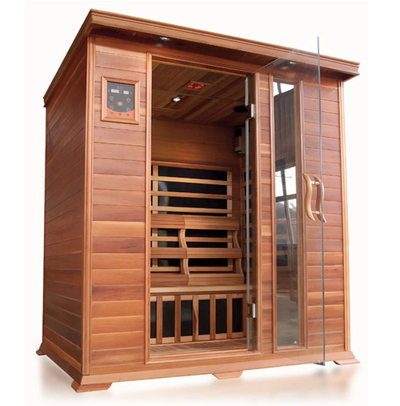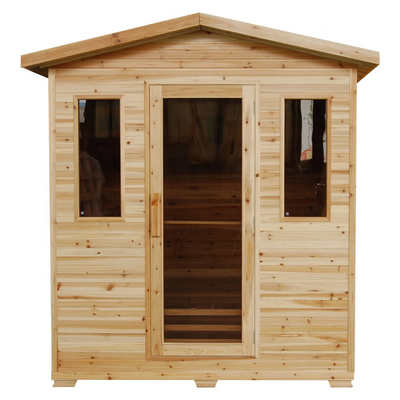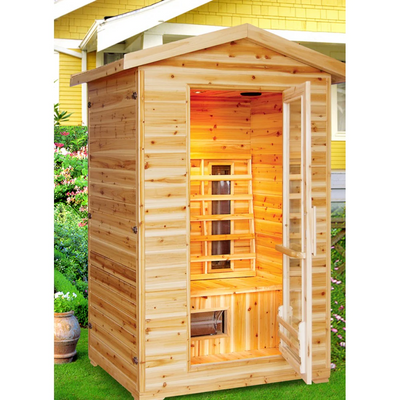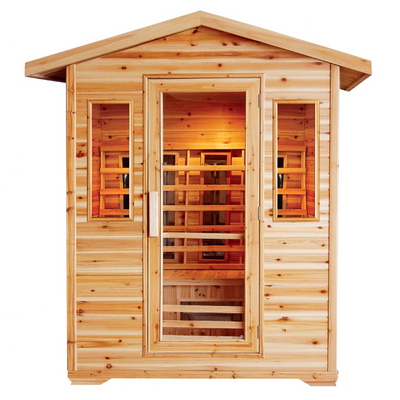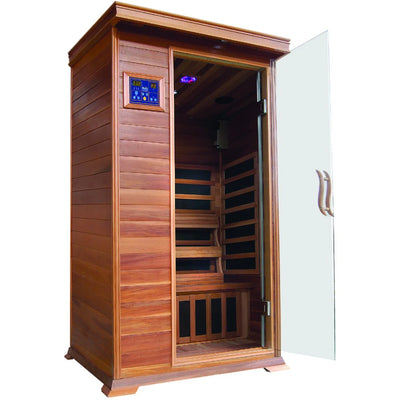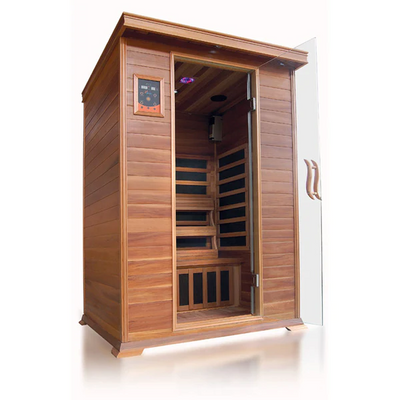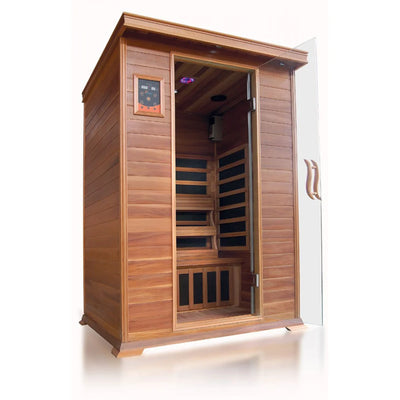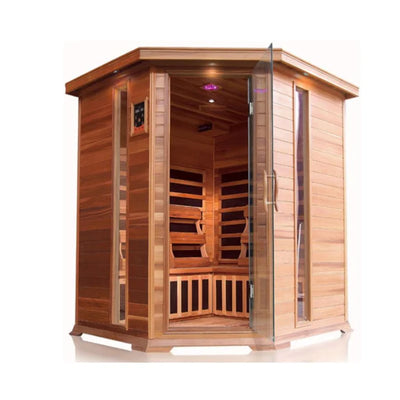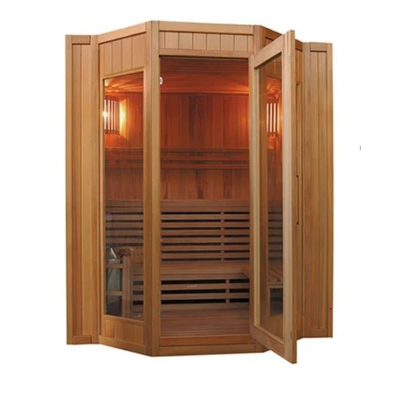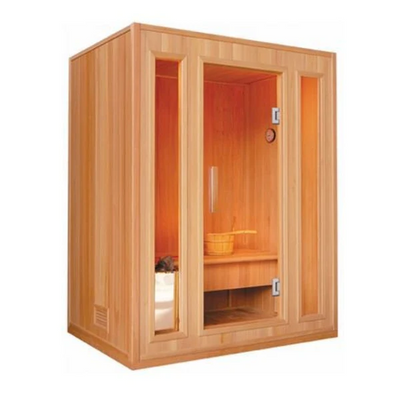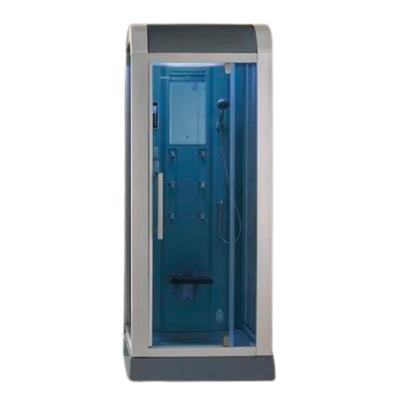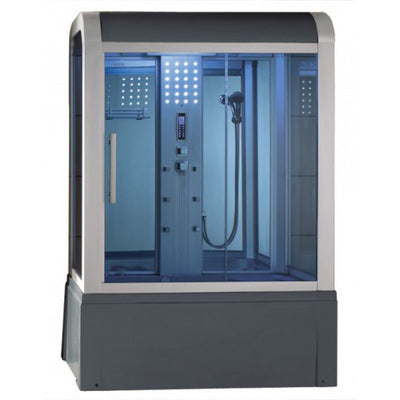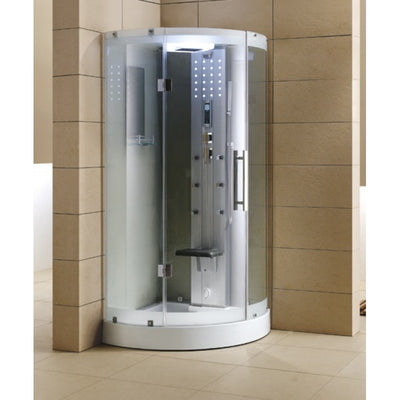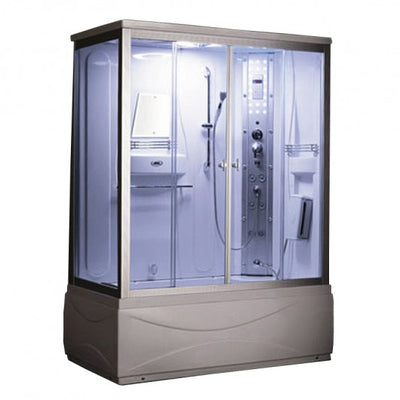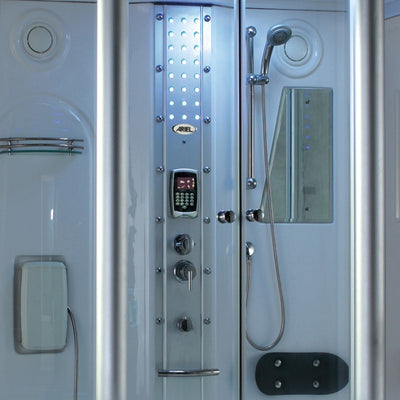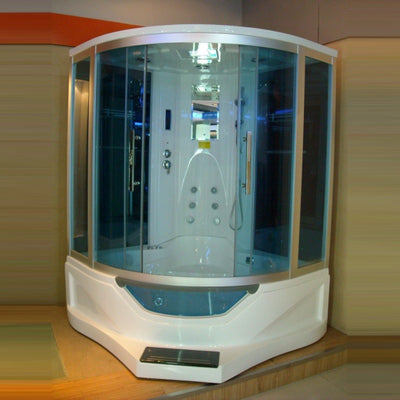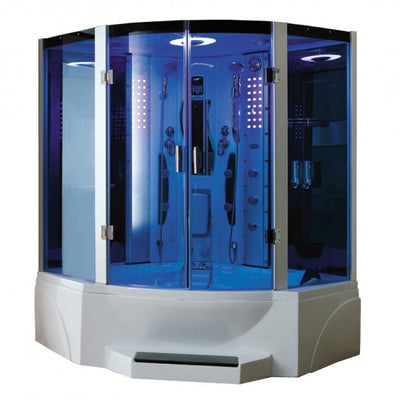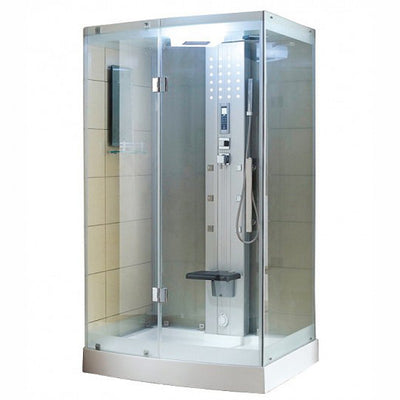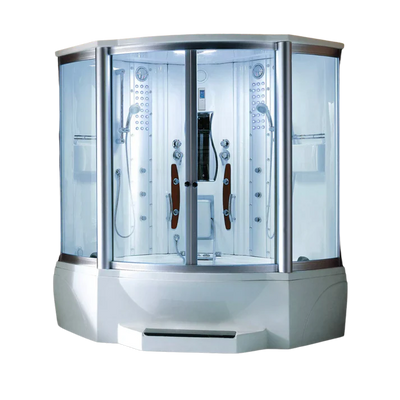If you’re dreaming of a sleek, spa-like shower instead of a bulky bathtub, you’re not alone. Many homeowners are making the switch for style, convenience, and accessibility. A well-designed shower not only enhances relaxation but also improves functionality, making daily routines smoother and more enjoyable. However, before taking the plunge, it’s important to understand the cost of tub to shower conversion and what factors influence pricing.
So, how much does a tub to shower conversion cost? The price varies widely, ranging from $1,200 to $8,000, depending on materials, labor, and additional upgrades. If you’re opting for a basic conversion with prefabricated panels, you can expect to spend around $1,500 to $3,000. However, if you prefer a high-end remodel with custom tile, frameless glass doors, and luxury fixtures, the cost of tub to shower conversion can exceed $7,000.
Beyond aesthetics, this upgrade can also increase your home’s value, enhance accessibility, and create a more modern bathroom experience. But is it the right investment for you? Let’s dive into the details to help you make an informed decision, covering key cost factors, savings tips, and the benefits of making the switch.
How Much Is the Cost of Tub to Shower Conversion?
On average, the cost to convert a tub into a shower ranges between $1,200 and $8,000, depending on materials, labor, and customizations. If you’re looking for a budget-friendly option, a basic conversion with acrylic panels and standard fixtures costs around $1,500 to $3,000. However, if you want to create a high-end, spa-like retreat in your bathroom, a luxury remodel featuring natural stone, rainfall showerheads, and frameless glass doors can easily exceed $7,000.
Several factors influence the total cost of tub to shower conversion. Materials play a big role. Prefabricated shower kits are more affordable, while custom tile designs add elegance but increase expenses. Plumbing modifications also impact pricing. If your new shower requires moving pipes or drains, expect to pay more. Additionally, demolition and removal of the old bathtub, waterproofing, and accessibility features like grab bars or built-in seating can further raise costs.
According to This Old House, professional installation typically adds $1,000 to $3,000 to the overall price. Hiring an expert ensures proper waterproofing and a seamless finish, but if you're handy, a DIY installation could save you on labor costs. Just keep in mind that plumbing mistakes or improper sealing can lead to leaks, mold, or expensive repairs down the road.
Looking to keep the cost of tub to shower conversion down? Sticking to your existing plumbing layout, opting for prefabricated shower kits, and handling demolition yourself can help save hundreds or even thousands of dollars. However, if you’re aiming for a long-lasting, high-quality result, investing in professional installation and durable materials may be the best decision.
Before committing, consider your budget, desired features, and the long-term benefits of the conversion. Whether you’re upgrading for aesthetic appeal, accessibility, or home value, a tub-to-shower conversion can be a game-changer for your bathroom’s functionality and style.
What Affects the Cost of Your Tub to Shower Conversion?
Several factors determine how much you’ll spend on converting your tub into a shower. From the type of shower you choose to necessary plumbing adjustments, each element plays a role in the final price. Here’s a breakdown of the key cost factors:
1. Shower Type and Materials
Your choice of materials significantly impacts both aesthetics and cost of tub to shower conversion. Prefabricated shower kits, which come in standard sizes and designs, start at $1,000 and are the most budget-friendly option. They are relatively easy to install and available in materials like acrylic or fiberglass.
If you’re after a custom tile shower, expect to pay upwards of $5,000. Custom showers allow for unique designs, luxury materials like marble or natural stone, and personalized features such as built-in niches or rain showerheads. These upgrades enhance the spa-like feel but come at a premium. Frameless glass enclosures also add elegance but cost an additional $1,000 to $3,000.
2. Plumbing Adjustments
Plumbing modifications are one of the biggest cost variables. If your new shower requires moving pipes, drains, or water lines, your overall expenses can rise significantly. Relocating pipes can add $500 to $2,000 to your bill, depending on complexity and accessibility. If your home has outdated plumbing, replacing corroded or undersized pipes may also be necessary, increasing the cost of tub to shower conversion further.
For homeowners sticking to their existing plumbing layout, conversion expenses remain on the lower end. However, if you want to reposition the showerhead or move the drain to a different side of the bathroom, extra labor and materials will drive up the total cost.
3. Demolition and Removal
The process of removing your old bathtub and tile affects both labor time and disposal costs. Demolition expenses typically range from $300 to $1,000. A fiberglass tub is easier to remove, making the process quicker and more affordable. However, if you have an older cast-iron tub, expect additional labor and disposal fees due to its weight and difficulty in removal.
Additionally, if mold or water damage is found behind the walls during demolition, you may need extra repairs before installing the new shower, which can further increase the cost of tub to shower conversion by a few hundred dollars.
4. Accessibility Features
For homeowners prioritizing safety and accessibility, adding features like grab bars, built-in seating, or low-threshold entries is a great investment. These modifications improve ease of use for individuals with limited mobility.
- Grab bars cost around $50 to $300 depending on material and installation.
- A fold-down bench adds $200 to $500, while a built-in tiled shower seat costs $500 to $1,500.
- Low-threshold or curbless showers, which improve wheelchair accessibility, require additional waterproofing and structural work, adding $1,000 or more to your total.
While these features may add to your upfront expenses, they provide long-term safety and comfort, making them a valuable addition for aging-in-place homeowners.
5. Labor and Permits
Unless you’re experienced in bathroom renovations, hiring a professional contractor ensures proper installation and compliance with local codes. However, this comes at a price. Labor costs alone typically range from $1,000 to $3,000, depending on the project's complexity.
In some areas, permits are required for plumbing modifications or major structural changes. These permits can add another $50 to $300 to your overall budget. If you’re hiring a contractor, they will usually handle the permit process for you.
Is a Tub to Shower Conversion Worth It?
1. Increased Home Value
Real estate experts suggest that replacing a tub with a shower can boost home value, especially in smaller bathrooms. However, if you only have one tub in your home, keeping it might appeal to future buyers with young children.
2. Luxury and Convenience
A spacious, modern shower provides a luxury spa experience without the hassle of climbing over a tub. For those prioritizing relaxation and style, a well-designed shower is a game-changer.
3. Better Accessibility
If aging-in-place or mobility is a concern, a walk-in shower with safety features is a practical upgrade. It enhances comfort and reduces fall risks.
How to Save Money on Your Conversion
1. Choose a Prefabricated Shower Kit
Instead of custom tile, opt for a high-quality acrylic or fiberglass shower kit, which can save $2,000 to $4,000.
2. Keep Plumbing in Place
Avoid relocating pipes whenever possible. Keeping your plumbing layout the same can reduce expenses by $500 to $2,000.
3. DIY Demolition
If you’re comfortable with tools, removing the old tub yourself can save $300 to $1,000. Just be careful not to damage surrounding plumbing or walls.
4. Shop Smart for Fixtures
Luxury showerheads and frameless doors look stunning, but high-end versions can cost $500 to $2,000. Look for mid-range options that balance quality and affordability.
FAQ: Cost of Tub to Shower Conversion
1. How much does a tub to shower conversion cost?
The cost ranges from $1,200 to $8,000, depending on materials, plumbing adjustments, and labor. A basic conversion costs around $1,500 to $3,000, while a high-end remodel can exceed $7,000.
2. What factors affect the cost of a tub to shower conversion?
Key factors include shower type and materials, plumbing changes, demolition and removal, accessibility features, labor, and permits. Custom tile showers and major plumbing adjustments significantly increase costs.
3. Is a tub to shower conversion worth it?
Yes! It adds home value, improves accessibility, and enhances luxury. However, if you only have one bathtub in your home, keeping it might be beneficial for resale.
4. Can I do a tub to shower conversion myself?
DIY is possible, especially if using a prefabricated shower kit. However, plumbing and demolition require experience. Professional installation ensures quality but adds $1,000 to $3,000 to the total cost.
5. How long does a tub to shower conversion take?
Most conversions take 2 to 5 days, depending on complexity. A simple prefab installation may take 1 to 2 days, while custom tile work or plumbing changes extend the timeline.
6. What are the best ways to save money on a tub to shower conversion?
- Choose a prefabricated shower kit instead of custom tile.
- Keep plumbing in place to avoid extra costs.
- DIY demolition to save $300 to $1,000.
- Shop smart for fixtures. Mid-range options balance quality and affordability.
7. Do I need a permit for a tub to shower conversion?
In many areas, yes, especially if plumbing is modified. Permit costs range from $50 to $300, depending on local regulations. Always check with your city before starting.
8. Will removing my bathtub hurt my home’s resale value?
If you have multiple bathrooms, replacing one tub with a shower can increase appeal. However, if it's your only tub, consider keeping it for families with young children.
9. What’s the difference between a prefabricated and custom shower?
A prefabricated shower is a ready-made unit that’s quicker and cheaper to install ($1,000 to $3,000). A custom shower allows for unique designs and luxury materials but costs significantly more ($5,000+).
10. Where can I learn more about home wellness upgrades?
Check out RelaxEdge for more guides on luxury self-care, spa-like bathroom upgrades, and wellness solutions.
Final Thoughts: Is a Shower Conversion Right for You?
A tub to shower conversion is an excellent investment for those seeking a modern, relaxing, and accessible bathroom experience. While costs vary based on materials and labor, a well-planned conversion enhances home value and daily comfort.
Have you considered making the switch? Share your thoughts in the comments! For more self-care and home wellness upgrades, explore our blog post and RelaxEdge.
Mesa WS-608A Steam Shower Tub Combo
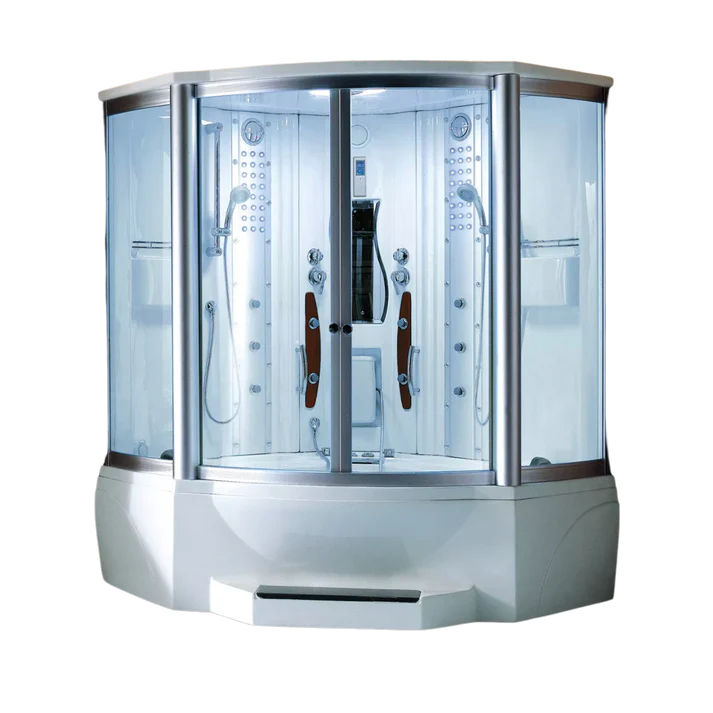
$3,990.00
$5,985.00
The Mesa 608A This beautiful combination steam shower with a jetted tub is one of our most popular combination steam showers. Featuring 10 acupuncture jets, 10 whirlpool jets, and a high-efficiency steam engine, the 608A steam bath gives you the… read more





